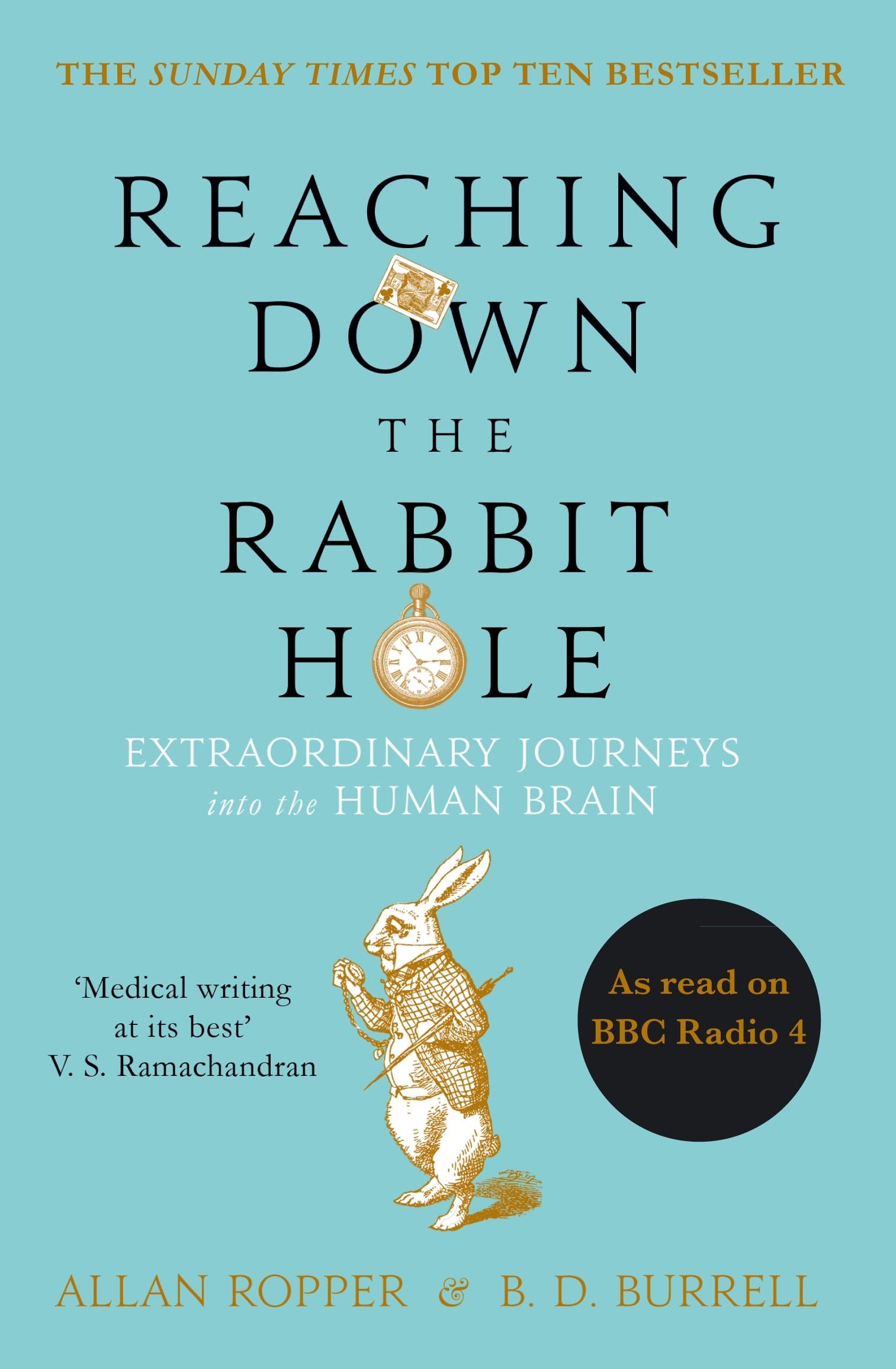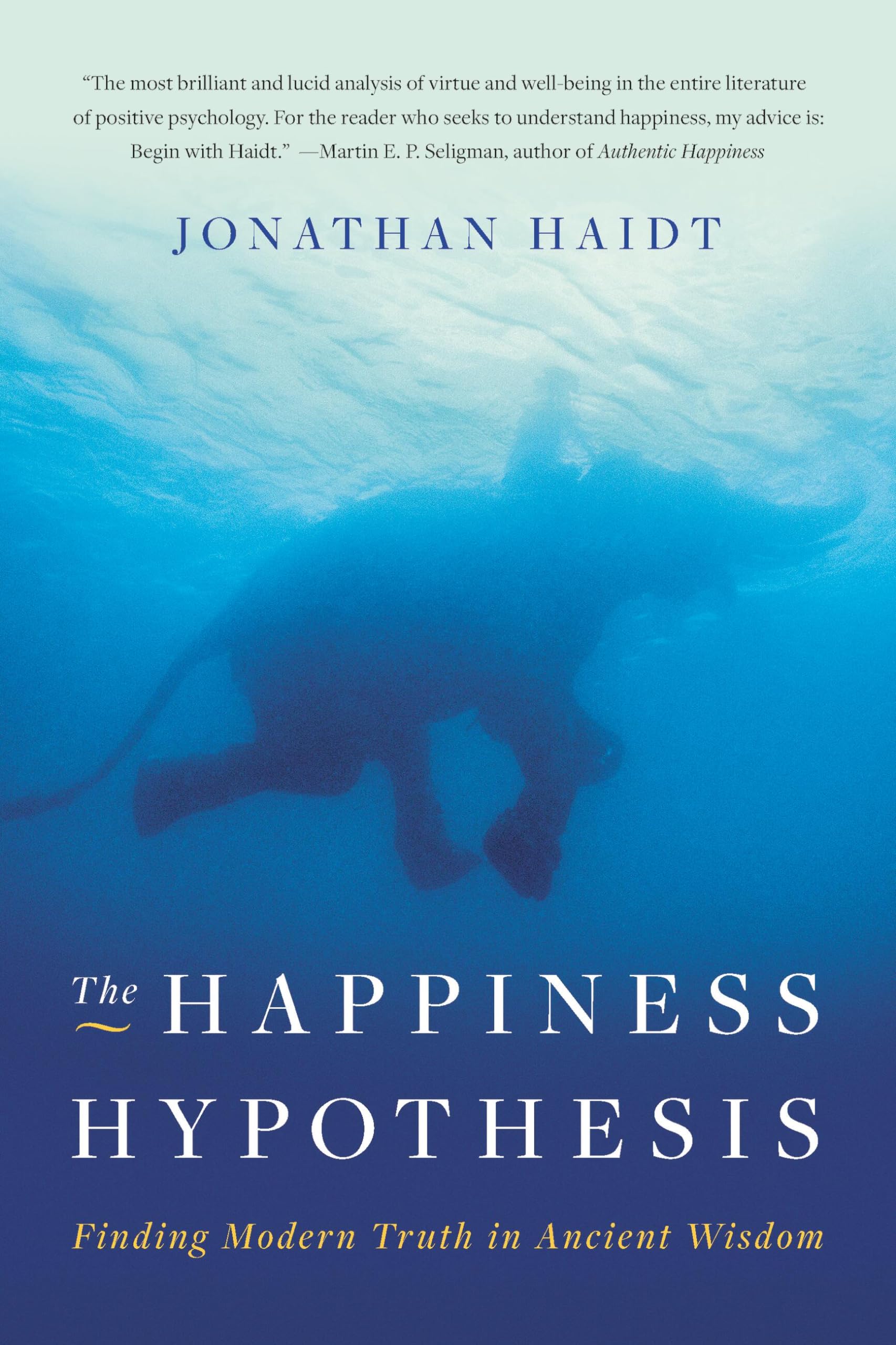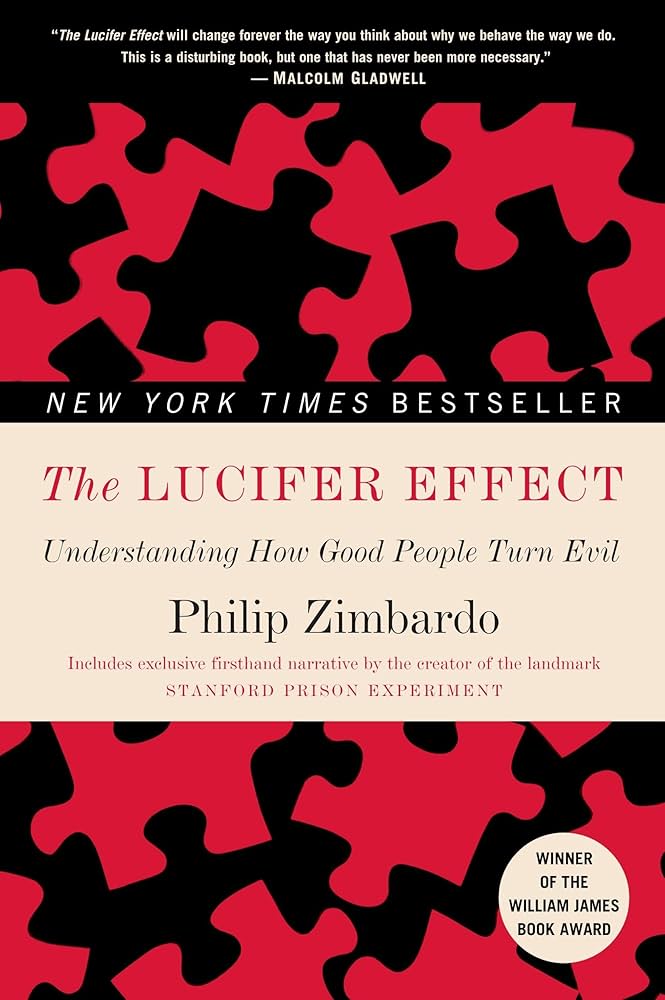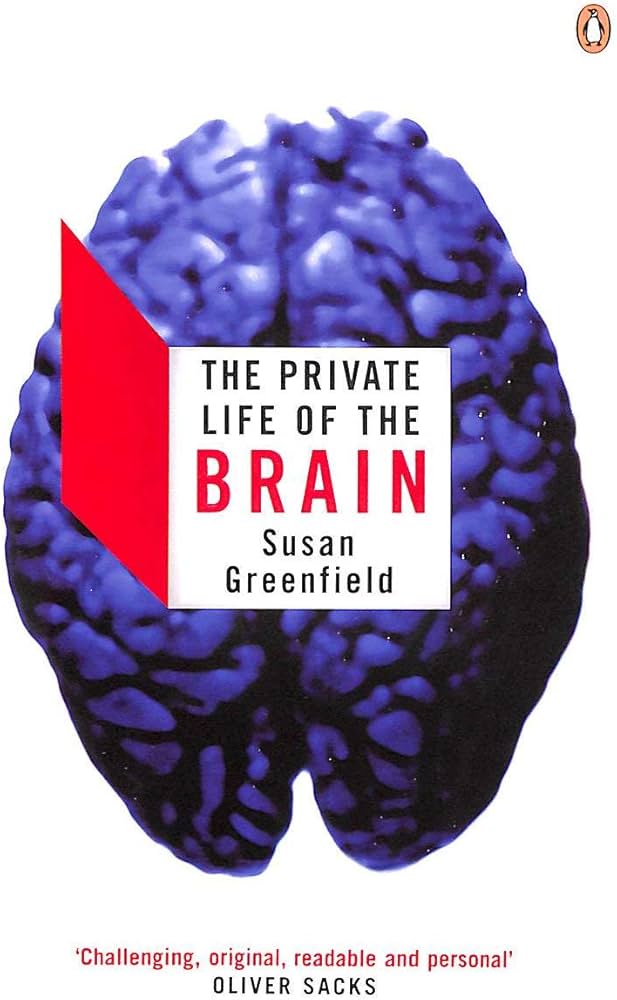For psychology students embarking on their academic journey, a solid foundation in both theory and application is essential. The following list highlights 5 must-have books to read for psychology students but also inspire a deeper appreciation for the complexities of human behavior.
These texts cover a range of topics, from foundational theories to contemporary applications, making them invaluable resources for both coursework and personal exploration. Whether you’re delving into research methods or exploring the intricacies of the human mind, these books will enhance your learning experience and provide critical insights into the field of psychology.
1. Elephants on Acid
Elephants on Acid by Alex Boese is one of the must-have books to read for psychology students, particularly during the 1970s. The title experiment involves Tusko, an elephant subjected to a massive dose of LSD to observe its effects, highlighting the often bizarre lengths scientists have gone to in the name of research.

The book also explores a variety of other peculiar experiments, such as whether infants can instinctively select a balanced diet, if dogs can summon help in emergencies, and the reasons behind our inability to tickle ourselves. Through a mix of horror and humor, Boese presents these unsettling studies from a time when ethical guidelines were minimal or nonexistent. This exploration serves as a critical reminder for psychology students about the importance of ethical standards in research today.
While the content may be disturbing for animal lovers due to the nature of many experiments, it provides valuable insights into the evolution of psychological research ethics and the darker side of scientific inquiry.
2. The Happiness Hypothesis
The Happiness Hypothesis by Jonathan Haidt is a thought-provoking exploration that bridges ancient wisdom with modern psychological science to uncover what constitutes a meaningful and happy life. Haidt examines various philosophical ideals, such as “what doesn’t kill you makes you stronger” and “do unto others as you would have them do unto you,” testing these concepts against contemporary research findings.

Throughout the book, Haidt discusses key topics including behavioral biases, morality, beliefs, and the nature of consciousness, using empirical studies to analyze these themes. He introduces the idea that happiness is influenced by a combination of genetic predisposition, external conditions, and voluntary activities, encapsulated in the formula: Happiness = Set Level + Conditions + Voluntary Activities.
Haidt’s engaging narrative encourages readers to reflect on their own behaviors and relationships, emphasizing the importance of social connections and personal growth in achieving lasting happiness. The book is particularly suited for those who appreciate a blend of philosophy and psychology, offering insights that are both profound and applicable to everyday life. However, it may also challenge readers with its exploration of complex ideas about happiness and fulfillment.
You may also like:
3. The Lucifer Effect
The Lucifer Effect by Philip Zimbardo examines the disturbing question of how ordinary individuals can commit acts of evil, drawing insights from his infamous Stanford Prison Experiment. In this experiment, college students were assigned roles as either prisoners or guards in a simulated prison environment, leading to rapid and extreme behavioral changes.

The study had to be terminated after just 6 days due to the psychological abuse inflicted by the guards on the prisoners, resulting in emotional breakdowns among participants. Zimbardo explores the psychological mechanisms behind these transformations, emphasizing the powerful influence of situational and systemic factors over individual morality. He argues that people are not inherently good or evil; rather, their actions are shaped by their environments and social roles.
The book also discusses broader implications, including historical examples of dehumanization and moral disengagement, which illustrate how societal conditions can lead to cruelty. Despite criticisms of the Stanford Prison Experiment’s methodology, The Lucifer Effect serves as a critical reflection on human nature, urging readers to recognize the potential for both good and evil within themselves. It is a compelling read for anyone interested in psychology, ethics, and the complexities of human behavior.
4. The Private Life
The Private Life of the Brain by Susan Greenfield is a comprehensive exploration of the intricate relationship between brain physiology and human experience. Recognized on the University of Oxford’s psychology course reading list, the book examines various factors that influence brain function, including neurological disorders, drug effects, and emotional experiences.

Greenfield delves into how individual experiences shape the brain’s architecture, challenging common assumptions about nature versus nurture. She poses thought-provoking questions regarding the interplay of pleasure and pain, and how understanding emotions can enhance our comprehension of mental health issues like schizophrenia and depression.
While the text can be dense at times, it offers valuable insights into neuroscience research and the complexities of consciousness. Greenfield’s engaging narrative guides readers through scientific concepts while emphasizing the dynamic nature of the brain and its capacity for change throughout a person’s life. This book is essential for psychology students seeking a deeper understanding of how physiological processes intertwine with personal experiences to define identity and consciousness.
5. Reaching Down the Rabbit Hole
Reaching Down the Rabbit Hole by Dr. Allan Ropper offers a captivating look into the world of clinical neurology, focusing on the challenges of treating patients whose minds are affected by neurological disorders. Through keen observation and attentive listening, Dr. Ropper skillfully identifies the underlying issues faced by his patients, revealing a landscape filled with absurdities reminiscent of Alice’s Adventures in Wonderland.

The book presents a series of intriguing case studies, including a man who becomes disoriented in traffic, a child molester left with severe brain damage after an accident, and a mother diagnosed with ALS who grapples with the decision of whether to continue living in a state of cognitive isolation. Written in a narrative style that combines storytelling with clinical insight, this book serves as one of the must-have books to read for psychology students, illustrating the diverse symptoms associated with brain diseases.
Ropper’s compassionate approach provides readers with a deeper understanding of the complexities involved in neurology, making it both an informative and engaging read. However, some content may be distressing for sensitive readers due to the nature of the cases discussed.